Clearing goods from customs involves many processes and regulations which can quickly become a challenge if not followed properly.
In this article, we will discuss the common customs clearance issues businesses face before deciding to work with our experts.
CTA: All customs clearance problems can be avoided when you work with experienced Customs Clearance Agents. Contact our team of experts and be ahead of the challenges.
7 Common Custom Clearance Problems
1. Documentation errors:
Having all required shipping documents readily available is crucial for customs clearance, as missing even one can lead to delays and complications.
In addition to having all the necessary documents, any inaccuracy in the information provided can lead to customs clearance issues.
Businesses that face this issue, risk their goods being withheld or deported back to the country of origin.
Solutions to Document Errors Issues:
- Hire an experienced broker to handle documentation and classification. Contact our experts.
- Work with customs brokers to stay updated on required documents for specific shipments.
- Double-check all entries before submission and use automated tools to validate data.
- Conduct regular training for employees on documentation requirements, regulatory changes, and best practices to reduce errors in customs declarations.
- Implement a robust document management system.
2. Duties higher than anticipated:
One of the most frustrating customs clearance problems businesses face is encountering unexpectedly high duties and taxes.
This leads to an increase in cost and even financial losses if the charges are significantly over the budget.
Most times this is a result of any of the following:
- Using incorrect HS code in calculating cost,
- Change in tariff rates upon arrival of goods,
- Additional import taxes and levies you were not aware of,
- Imposed fines by customs authority for any suspicious details,
- Extra inspections at the port and so on…
Solutions To High Duties Issues:
- Hire a customs clearance specialist to help navigate tariff complexities and identify potential savings. Contact our experts.
- Consult a customs broker or use an official customs tariff database to classify goods correctly. [You can check out our guide on checking customs duties].
- Regularly review tariff updates from the government, customs authorities or trade bodies.
- Check if your products qualify for reduced duties under Free Trade Agreements (FTAs) such as AfCFTA, NAFTA, or EU trade agreements.
3. Compliance with regulations:
Each country has its own import and export regulations, which can differ significantly.
Not only that.
These trade policies can change rapidly due to political or economic shifts, making it difficult for businesses to stay updated and comply with all the customs regulations.
This increases the risk of experiencing shipment delays, fines, or even seizure of goods.
Solutions To Compliance Issues:
- Hire a broker experienced in handling shipments from your source country who specialises in your industry. Contact our experts.
- Regularly monitor updates from official customs authorities and international trade organisations to stay abreast of regulatory changes.
- Regularly train staff involved in logistics and shipping on current regulations and compliance procedures.
- Ensure all shipping documents are complete, accurate, and comply with the destination country's requirements.
4. Issues with Packaging and Labelling Compliance:
Different countries have specific requirements regarding how goods must be packaged and what information must appear on labels.
The packaging materials, language and symbols used on labels, and mandatory details such as the country of origin, handling instructions, and safety warnings; all must be complied with.
We have seen businesses with no idea that their chosen packaging violates regulations, leading to delays, fines, or even shipment rejections.
Solutions To Packaging and Labelling Compliance Issues:
- Work with experienced customs brokers, freight forwarders, or trade consultants specialising in your industry and destination markets. Contact our experts.
- Thoroughly review the customs and regulatory guidelines of the destination country.
- Create comprehensive checklists and standard operating procedures that cover all packaging and labelling specifications for your products.
- Choose packaging solutions that adhere to international standards, including durable materials, tamper-evident seals, and multi-language labels if required.
- Empower your team to spot potential issues with packaging and labelling before shipments leave the warehouse.
5. Unexpected Customs Inspections:
Customs authorities may randomly inspect shipments to ensure compliance with import regulations, proper documentation, and security measures.
While these inspections are sometimes unavoidable, they can cause delays, increase costs, and, in some cases, lead to penalties if discrepancies are found.
Solutions To Unexpected Customs Inspection Issues:
- Work with a licensed customs broker who can help you navigate inspection processes and ensure compliance. Contact our experts for this.
- Make sure all required paperwork, including invoices, packing lists, and certificates, are correctly filled out and readily available.
- If customs select your shipment for inspection, provide the necessary information and cooperate fully.
- Consider using priority customs clearance services where available.
6. Delays Due to Inadequate Manpower:
Another problem we have seen businesses face during customs clearance is delays from the customs officers' end.
There are cases when the port is understaffed and it takes a while before they can attend to your goods.
Additionally, during peak shipping seasons, the high volume of goods awaiting clearance can lead to significant hold-ups.
Facing this issue plus document errors, or misunderstood regulations is something you want to avoid.
Solutions To Customs Inadequate Manpower:
- Partner with an experienced customs broker who understands the clearance process and has established relationships with customs officials. Contact our experts.
- When possible, opt for seaports or airports with adequate staffing to ensure faster processing.
- Regularly check for changes in import/export policies, as evolving regulations may impact processing times.
- Ensure your product is assigned the correct HS code and valuation to prevent unnecessary scrutiny.
- Double-check all customs documents, including invoices, HS codes, and permits, to avoid discrepancies.
7. Unclear or Misinterpreted Incoterms:
Incoterms (International Commercial Terms) define the responsibilities of buyers and sellers in international trade, including costs, risks, and logistics.
However, misinterpreting these terms can lead to unexpected expenses, delays, or disputes between parties involved in the clearance process.
For instance, confusion between FOB (Free on Board) and CIF (Cost, Insurance, and Freight) can result in misunderstandings about who is responsible for paying duties and taxes, causing clearance issues at customs.
Solutions To Misinterpreted Incoterms:
- Work with logistics experts to determine the most suitable Incoterms for your shipment and ensure compliance with customs regulations. Contact our experts.
- Ensure all procurement, shipping, and logistics parties understand the applicable Incoterms.
- Specify the agreed Incoterms in purchase agreements to clarify which party is responsible for shipping costs, insurance, and customs clearance.
- Confirm Incoterms before shipping to ensure mutual understanding of responsibilities.
Tips to Avoid Problems in Customs Clearance
- Work with Experienced Logistics Partners like SARA
- Ship goods in advance to avoid delays during high-traffic periods.
- Regularly update yourself on customs policies, tariffs, and trade agreements.
- Calculate estimated duties and taxes in advance to prevent unexpected costs (We can do this for you).
- Follow international packaging and labelling standards to avoid rejections.
- Clearly define Incoterms in contracts to avoid confusion over responsibilities.
Clear Good With SARA.
There are a lot of issues that businesses face when clearing their goods from customs, we only discuss the 7 common problems.
However, it is important to note that all these issues can be avoided when you work with an experienced custom broker.
At SARA, we have helped over 1000 businesses clear their goods in China, USA, Nigeria and many other countries for 20+ years and we have sufficient experience to guide your business through the customs clearing process.
Contact our expert team today and let us know your needs.
Frequently Asked Questions (FAQs)
What are the most common problems with customs clearance?
The most common customs clearance problems include inaccurate documentation, incorrect HS codes, higher-than-expected duties, compliance issues, delays due to customs inspections, unclear Incoterms, improper packaging and labelling, and peak-season congestion. Working with experienced brokers at SARA can help avoid these issues.
How can I avoid customs clearance delays?
To avoid customs clearance delays, ensure all documentation is accurate and complete, use the correct HS codes, comply with packaging and labelling regulations, and work with an experienced customs broker. Contact us for help.
What documents do I need for customs clearance?
The key documents required for customs clearance include a commercial invoice, bill of lading (or airway bill), packing list, certificate of origin, import/export license, HS code classification, and any permits or certifications. Check our full guide for details on these documents.
Are there penalties for customs clearance mistakes?
Yes, customs clearance mistakes can lead to penalties such as fines, shipment delays, seizure of goods, or increased scrutiny of future shipments. Working with a customs expert can help avoid these issues. Contact us for help.
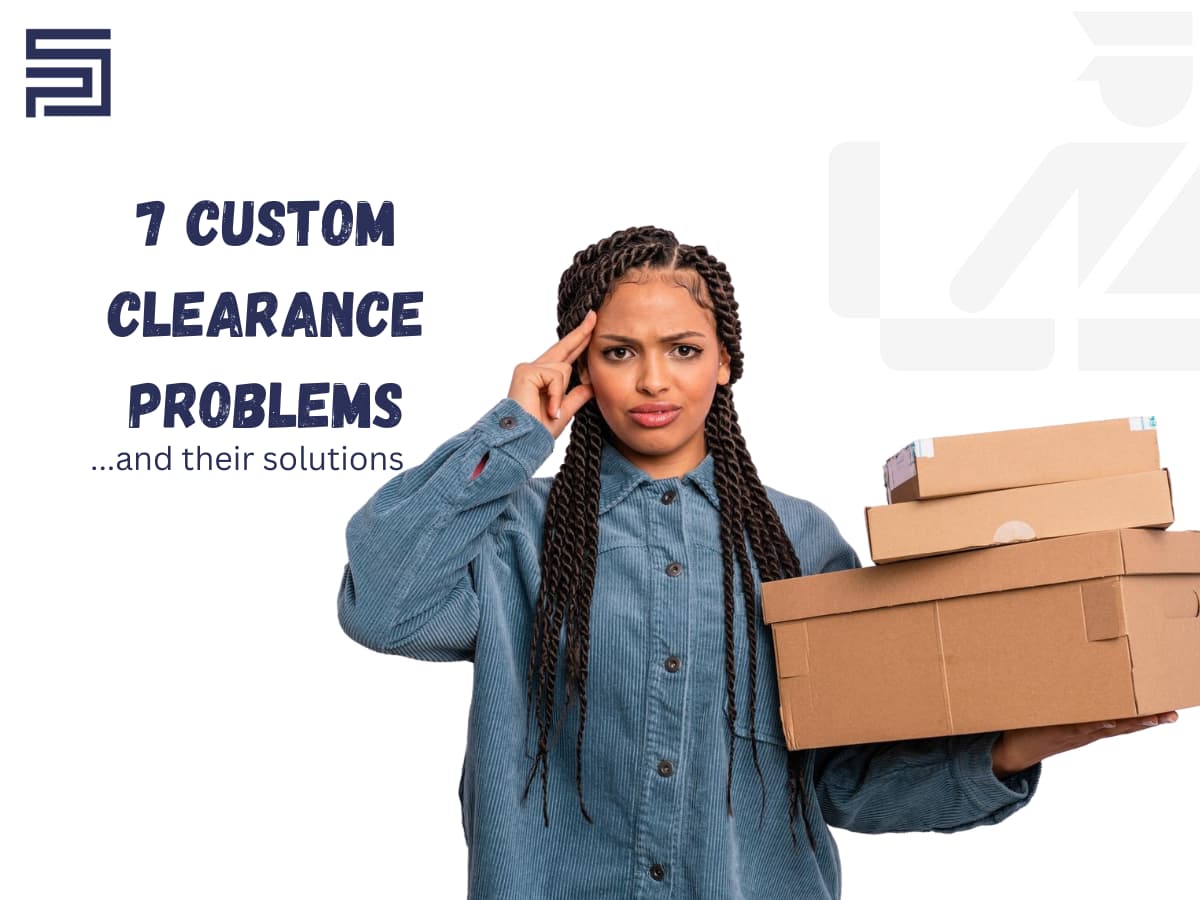

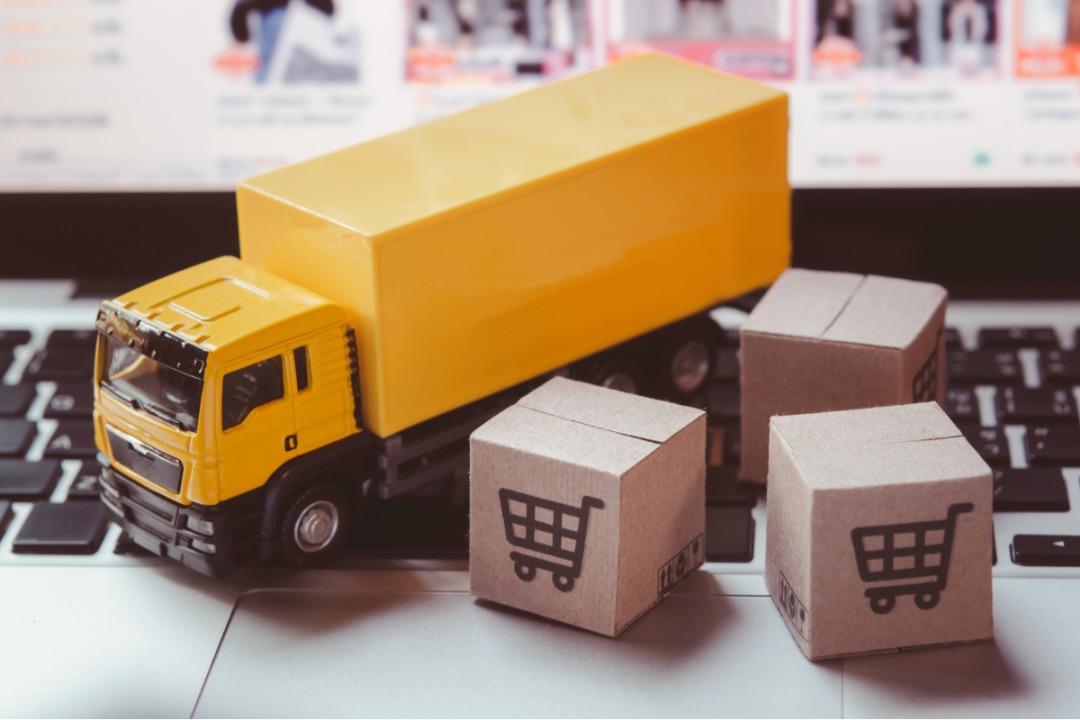
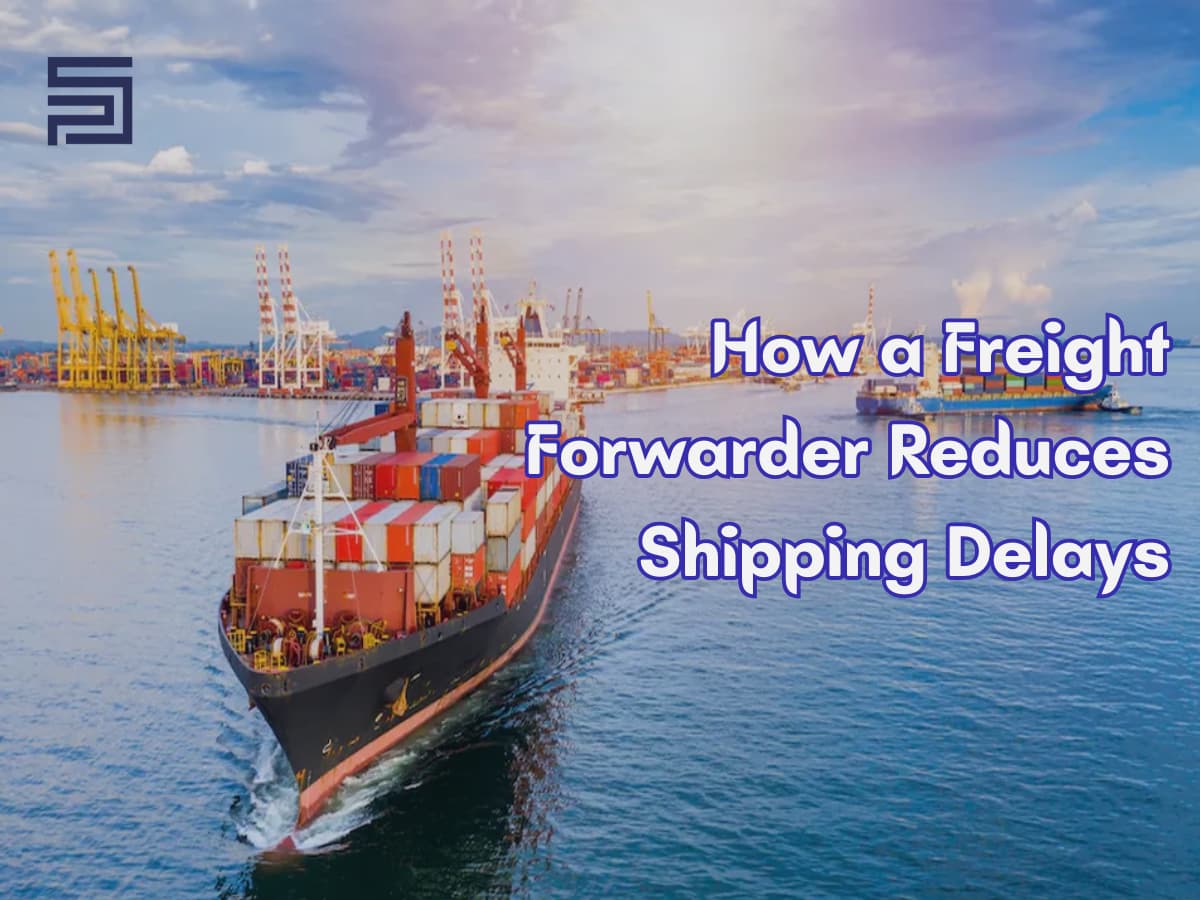
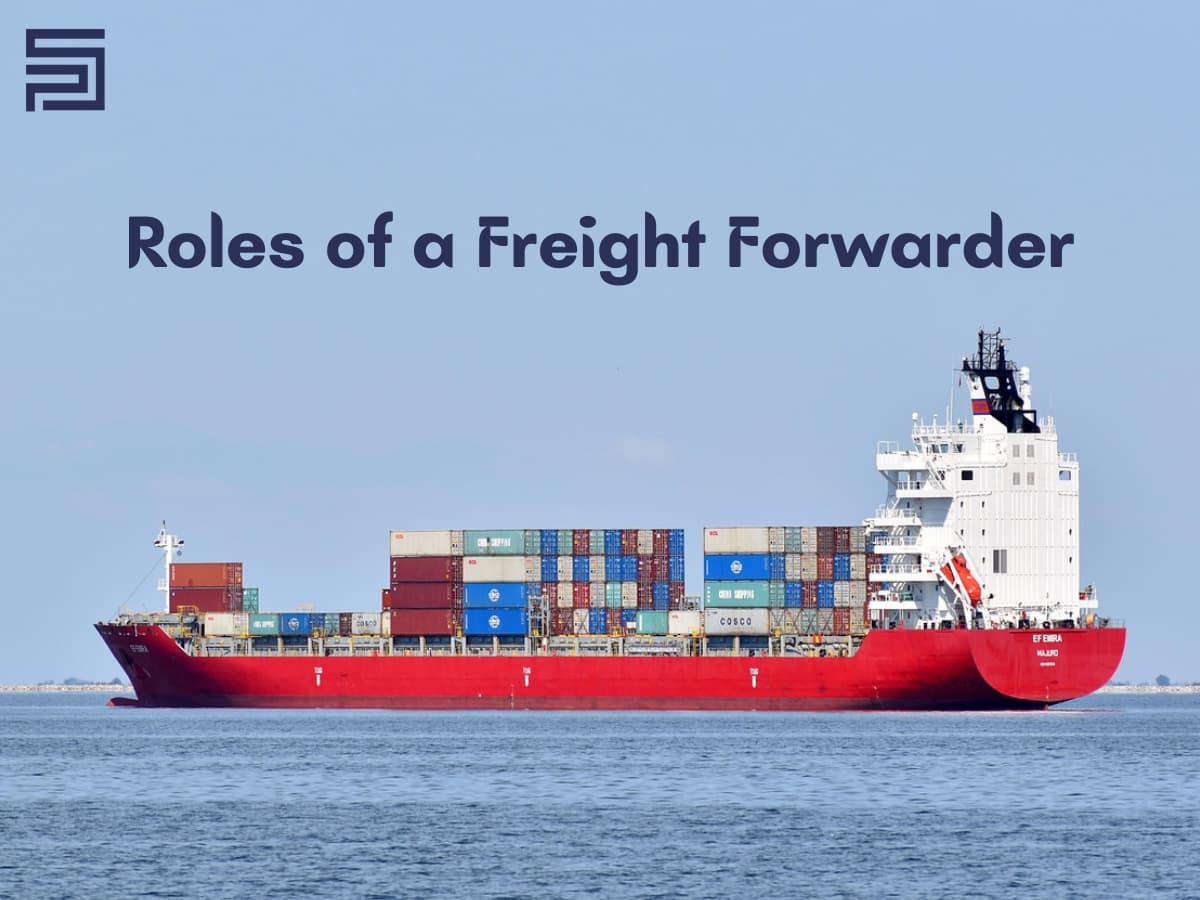
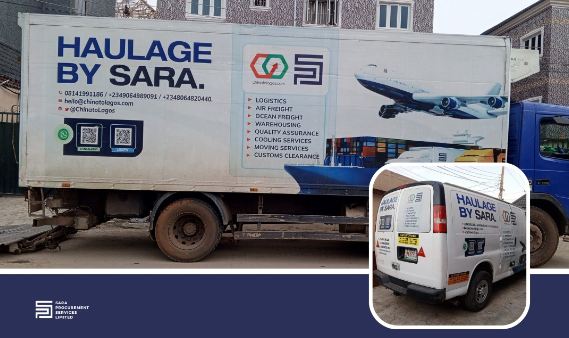
Comments
Please log in to leave a comment.